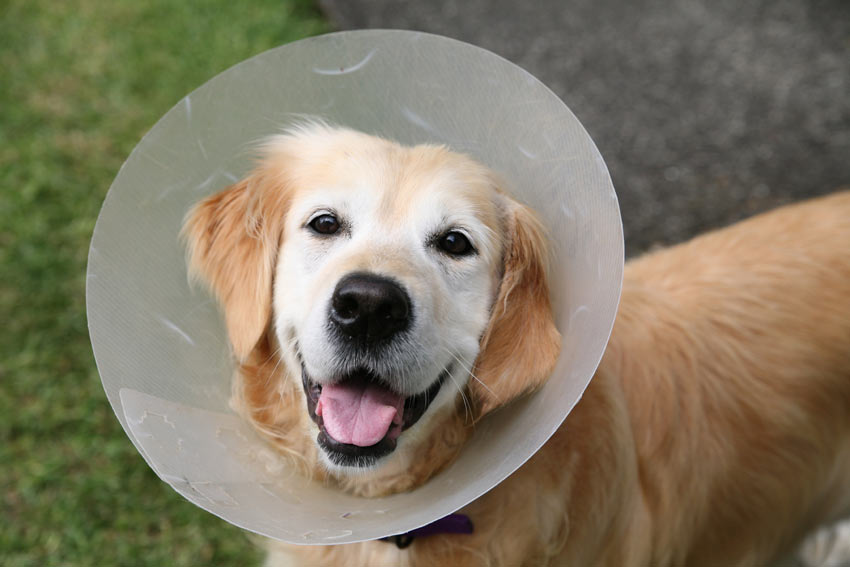As a dog owner, you’re likely accustomed to a certain “doggy” scent around your furry friend. But when your pup starts giving off an intensely fishy odor, it signals a problem needing attention. Why does my dog smell like fish? Determining the cause of this unusual scent helps address issues before they worsen.
From diet to dental disease, several factors could create a fishy smell in dogs. We’ll overview the most common offenders and recommend solutions below.

What Causes Fishy Odor in Dogs?
First, pinpointing the origin of this unusual fishy scent helps identify appropriate treatment steps. Common causes include:
Diet
- Feeding raw fish or seafood
- Fish oil supplements
Allergies
- Yeast overgrowth on skin and paws
- Seasonal pollen reactions
Ear Infections
- Bacterial or fungal overgrowth
- Excessive head shaking
Dental Disease
- Plaque, tartar buildup
- Infected mouth
Anal Gland Issues
- Impaction
- Abscess
Now that we’ve outlined common sources, we can dig into tailored solutions for eliminating that unpleasant fishy funk from your dog.

Dietary Causes of Fishy Smell
By far the most avoidable source of fish odors, your dog’s diet merits review if they suddenly start smelling fishy.
Fishy Diet Links
- Feeding raw, undercooked salmon, tuna or other fish
- Fish oil supplements not molecularly distilled
- Low quality canned fish formulas
Solutions
- Temporarily avoid all fish products
- Switch to ultra-purified fish oil pills
- Upgrade dog food (gradually change diets)
- Bathe regularly using deodorizing shampoo
Usually the smell dissipates within a week after stopping suspect fishy foods or treats.

Allergy-Related Fishy Odor
Just like people, allergic reactions in dogs manifest in diverse ways. Seasonal allergy flare-ups or food reactions may prompt yeast overgrowth and seborrhea, causing a distinct fishy odor.
Allergy Smell Solutions
- Vet exam to pinpoint allergy trigger
- Anti-fungal shampoos
- Antibiotics if secondary skin infection exists
- Steroid therapy to control itching and infection
- Immunotherapy shots to desensitize environmental allergies
Controlling the allergy source and secondary yeast overgrowth eliminates the stench at its roots.
Ear Infections Causing Fishy Smell
Those floppy ears that make dogs so lovable also provide the warm, moist environment fungi and bacteria love. Infection quickly sets in.
As the infection worsens, the normal yeasty ear smell grows stronger and more noxious. Head shaking and scratching also accelerates.
Ear Infection Remedies
- Veterinary exam of ears under microscope
- Oral antibiotics and anti-fungal medication
- Ear flush and medicated drops to control infection
- Medicated shampoo therapy
- Regular cleaning to prevent recurrence
Prompt infection treatment and preventative cleaning keeps ears healthy inside and out.

Fish Odor from Dental Disease
Poor dental hygiene stands as one of the most common yet overlooked sources of bad breath in dogs. Tartar buildup, plaque and infected gums all release terrible odors.
As periodontal disease advances, the mouth essentially rots, producing a signature fishy smell.
Dental Solutions
- Veterinary oral exam
- Full cleaning and fluoride treatment under anesthesia
- Tooth extractions if decayed
- Antibiotics for any infections
- Follow up with home brushing and dental chews
Addressing dental disease improves odor as well as overall systemic health.

Fishy Odor from Anal Glands
Those stinky little sacs near your dog’s anus frequently cause smelly issues. When overfull, inflamed or infected, anal glands can make your dog smell overwhelmingly fishy fast.
Anal Gland Fixes
- Veterinarian manual expressing glands
- Warm compresses to reduce swelling
- Antibiotics/anti-inflammatories if infected
- Increase fiber to promote natural expressing
- Gland removal surgery if chronic issue
Getting those bum glands back to normal function stops embarrassing smells in their tracks.
So in summary, several common conditions can cause your pup to smell fishy. Identifying the root issue allows proper treatment to freshen up your furry friend and get them back to smelling great in no time. Talk to your vet if odor concerns arise!

Fishy Odor FAQs
Still seeking solutions for your fish-scented canine companion? See answers to some common questions below:
Are fishy smells on dogs dangerous?
Not directly dangerous, but bad odors indicate an underlying problem needing attention. Don’t neglect telling smells.
How can I get the fish smell out of my dog’s fur?
Bathe with a deodorizing shampoo. Avoid conditioner. Make sure fur dries fully. Brush out oils daily. Repeat baths as needed.
Will grooming help fishy odor?
Yes, frequent bathing helps temporarily override some odor sources like yeasty skin or ear infections. But seek underlying cause of any pervasive fishy smell.
While that signature fish aroma may seem like just a fact of life around some dogs, identifying and addressing the source helps freshen up even the foulest hounds. Don’t just mask, get to the root of the smell!


